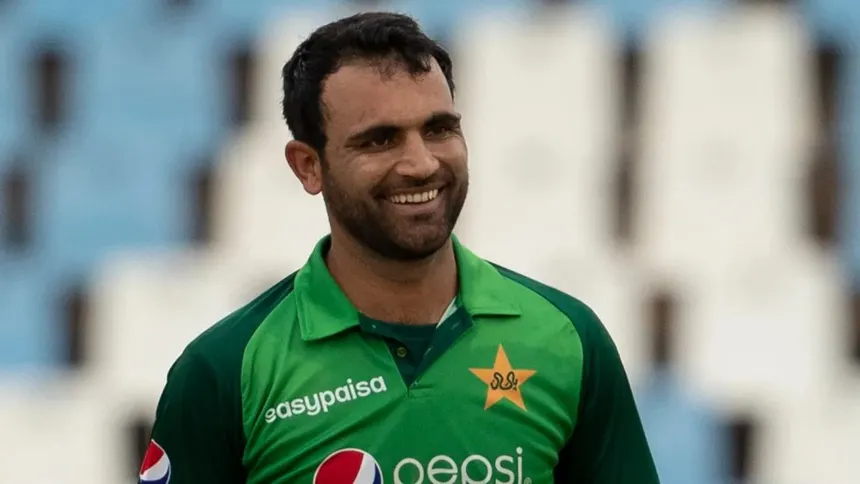
Despite Pakistan’s narrow 13-run victory over West Indies to clinch the T20I series 2–1, the absence of Fakhar Zaman due to a hamstring injury is a major setback ahead of the ODI leg. While the team held their nerve and secured the series without him, Fakhar’s unavailability robs Pakistan of a dynamic match-winner whose contributions often shape the outcome of high-pressure games.
Zaman suffered the injury while fielding in the second T20I and was subsequently ruled out of the ODI series. Although he had modest scores of 28 and 20 in the T20Is, his role in the ODI format is more established and critical. Known for explosive starts and aggressive shot selection, Fakhar brings a level of intent that puts the opposition under early pressure—particularly in the powerplay.
His ability to dismantle bowling attacks within the first 10–15 overs has often helped Pakistan build commanding totals or chase down tricky targets. With a history of match-defining knocks, including a double hundred in ODIs, Fakhar has proven time and again that he’s capable of dictating the flow of an innings. His left-handed presence also offers crucial variety in the batting lineup, disrupting the rhythm of bowlers and forcing captains to rethink field placements.
Had Fakhar been fit for the third T20I, he could have provided additional firepower at the top, allowing middle-order batters more freedom and less pressure. Even though Sahibzada Farhan and Saim Ayub played brilliantly with a 138-run opening stand, Fakhar’s inclusion would have added experience and ensured that Pakistan’s dominance wasn’t reliant solely on younger players performing under pressure.
In the ODI format, where innings are longer and pressure builds over multiple phases, Fakhar’s value increases. He doesn’t just score quickly—he builds partnerships, accelerates intelligently, and absorbs pressure when wickets fall. These are qualities that Pakistan will undoubtedly miss in his absence. Without him, the team will likely look to Imam-ul-Haq or Mohammad Rizwan to shoulder additional responsibility at the top, but neither replicates Fakhar’s explosiveness.
His absence also affects team balance. Fakhar provides flexibility—not just as an opener but also as someone who can adapt based on the match situation. In matches where Pakistan needs to push the scoring rate or recover from early losses, Fakhar often serves as a stabilizing force or the accelerant, depending on the need.
Moreover, on flat wickets or under lights where chasing totals above 300 becomes a challenge, Fakhar’s ability to take calculated risks upfront could have been decisive. Even though Pakistan’s T20I victory showed depth and promise, the ODIs present a different challenge—more strategic, more attritional, and more demanding in consistency. Fakhar is built for such scenarios.
While Pakistan celebrates a well-earned T20I series win, the reality is that Fakhar’s absence in the upcoming ODIs could leave a gap that will be difficult to fill. His injury is more than a setback—it’s a lost opportunity to cement early dominance in a format where experience and momentum matter even more.

